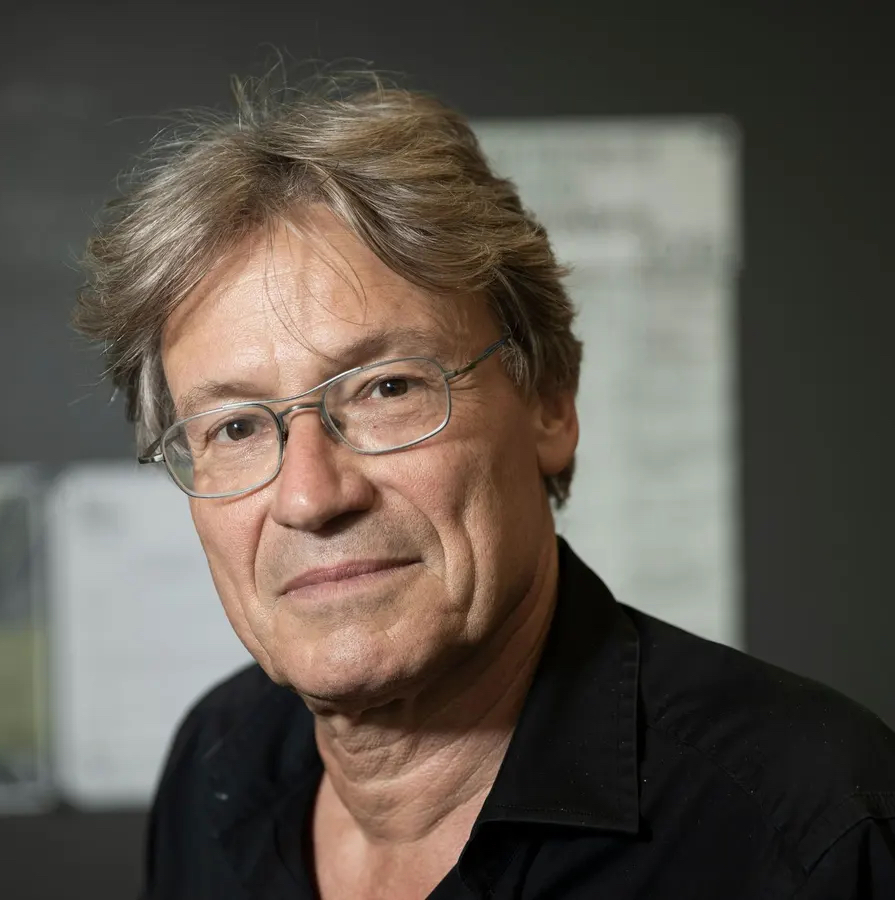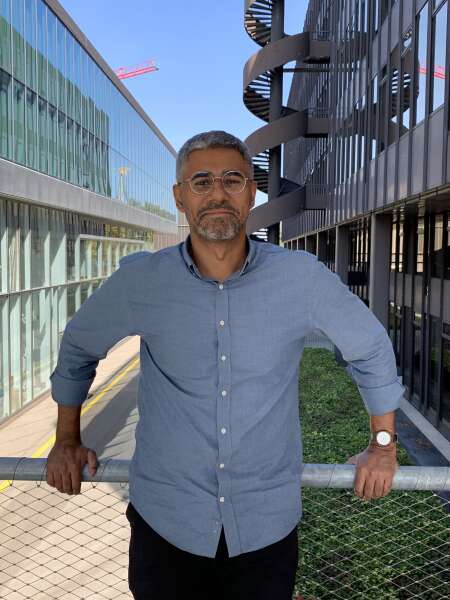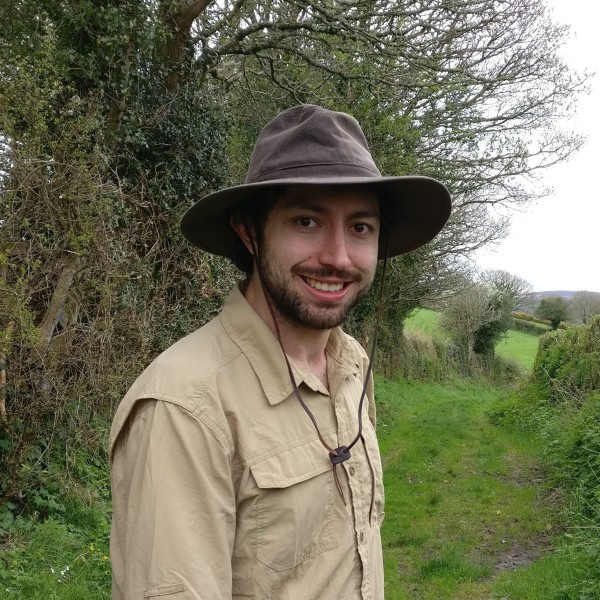Agrarian Change and Agroecological Transitions
What is the future of the manifold agricultural territories across the world that support contemporary cities? While discussions on urban sustainability have focused on cities and urban regions, agricultural territories are equally exposed to rapid and far-reaching urban transformation processes with massive social and environmental implications, opening a research gap for agroecological territorial design.
The module aims to address the gap by analysing selected processes of ‘extended urbanisation’ in agricultural territories across Europe and Asia in three typical forms of extended urbanisation: 1) operationalised landscapes of industrial agriculture; 2) peripheralised mountain regions; and 3) enclosed and fragmented agricultural landscapes in extended metropolitan regions.
The module combines detailed qualitative analysis with quantitative geospatial analysis and modelling, thereby linking the social, political and cultural aspects of urbanisation to transformations in land use patterns, soil ecosystems and natures contributions to people. Building on analytical investigation, the module also aims to develop large-scale urban-territorial design strategies and governance models for agricultural territories, based on the principles of agroecology and sustainable urban development.
















